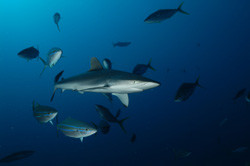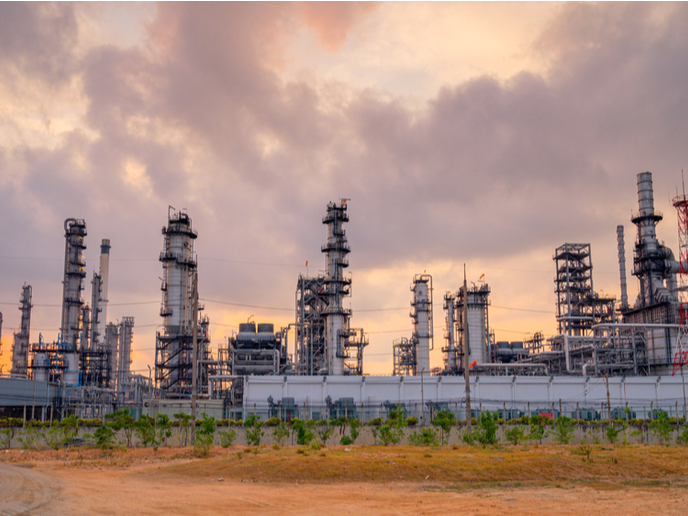Greening deepwater fishing fleets
Open ocean fisheries are a major source of income and employment for the EU and operate in the Atlantic, Indian and Pacific Oceans as well as the Mediterranean Sea. Furthermore, the fisheries cooperate with developing countries such as Cote d'Ivoire, Mauritius, Senegal and the Seychelles, where fish is landed and processed. The 'Mitigating adverse ecological impacts of open ocean fisheries' (MADE)(opens in new window) project aimed to reduce the adverse environmental effect of longlines, which target swordfish. It also sought to limit the ecological effects of purse seiners employing fish-aggregating devices (FADs) to catch tuna, and investigated how FADs affect the behaviour of pelagic fish species. Fish are naturally attracted by floating objects and this phenomenon is exploited through the use of FADs. Deepwater longliners use thousands of hooks attached to a mainline, which is many kilometres long and suspended from buoys. Tragically, juvenile swordfish and large numbers of other species such as sharks, sea turtles and seabirds are also caught as by-catch. Furthermore, sharks and turtles are trapped by purse seiners. Marine biologists from the MADE project therefore developed measures to reduce the amount of by-catch by applying knowledge of the biology and ecology of species and fisheries. Thanks to MADE, purse seine netters are now aware of the need to only use ecological FADs, with both the Spanish and fishing French fleets in the Indian Ocean starting to use them. This is a significant move as each year 0.5–1 million silky sharks die after becoming entangled in nets beneath FADs. All European purse seiners also received the best practice guide to reduce the number of sharks and rays killed incidentally during their fishing operations. Results from the MADE project regarding purse seiners are being disseminated to skippers in the world's major fleets via International Seafood Sustainability Foundation (ISSF) workshops. An ecological-based artificial bait (EBAB) developed for longliners was well received by fishermen in La Reunion, in the Indian Ocean. In addition, the EBAB has been successfully patented in Europe. However, more work needs to be done before artificial baits match natural baits and a proposal is underway for the development of this product in the commercial phase. The MADE initiative reflected the concern of consumers by supporting the sustainable commercial exploitation of fish resources. Results from the project will help tuna and swordfish fisheries improve their sustainability and maintain their economic and social viability.







